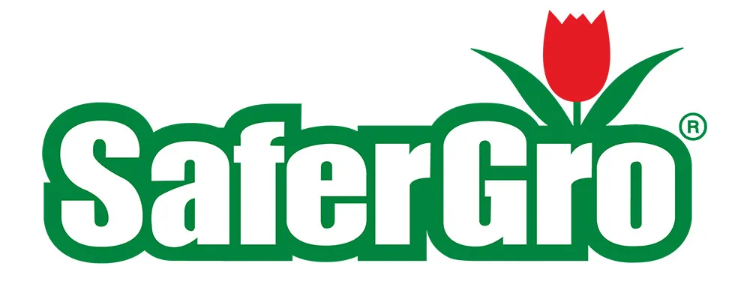3 Ways to Save the Bees - SaferGro's Solutions
In agriculture, bees are one of the most essential insects. Bees help pollinate vegetation, which helps plants grow and produce yield. Since the 1990s, there has been a steady decline in bee populations. One of the main causes of endangerment narrows down to human activity.
Harsh chemicals from herbicide and pesticide are commonly used in agriculture. This has an unfortunate fate for bees and its deadly effect doesn't stop there. Bees' habitats are slowly shrinking. Their hives are destroyed before they can relocate.

What can we do to save the bees?
Bees need humans to provide protection and resources. One of the best ways to help is planting! Plants, such as native, nectar flowers, and trees, provide a vast amount of resources for bees. This includes a place to rest, energy source, and an area to form a hive. For native plants, it helps local bee populations. Gardeners benefit from having bees pollinate their garden. Providing a space for bees can help them survive.
For some, bees can be a hazard for stinging. Their protective nature to defend their hive causes many individuals to destroy their habitat. If bees create a hive in an unfavorable environment, contact your local beekeeper first. A beekeeper can safely remove the hive and move them to a safer area. Hives are crucial for survival, do not destroy their hive.
Harsh chemicals can negatively affect bees, which puts gardeners in a tough position when dealing with garden pests. SaferGro can help you transition to sustainable gardening! One of the best SaferGro products include Pest Out® Ready-to-Use. It utilizes natural oils to protect crops against pests, such as mites, thrips, and aphids. This long-lasting formula effectively targets pests on contact. Sustainability is key to protect the bees!
Over 80% of flowering and over 35% of global agricultural land need pollinators to survive. Without bees, our world can’t handle the drastic decline of fruits, vegetables, and biodiversity. Let this be your chance to convert into sustainable, organic gardening to save the bees!
Share
